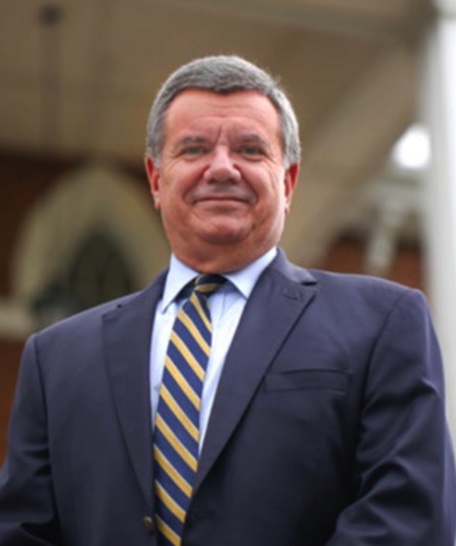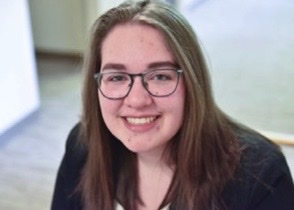PSIA Drs. Chand and Wilson Win LEAP Into Action Grant


(Pictured, left to right, Dr. Bibek Chand and Dr. Dwight Wilson)
Thank you for giving us the opportunity to share about our exciting endeavor in the classroom! We had been discussing engagement techniques in the classroom since Fall 2019 and when the LEAP into Action grant opportunity popped up, we thought it would be an excellent way of realizing ideas we had been brainstorming.
Our LEAP into Action project is titled “Gamifying Global Issues: Integrating Experiential Learning by Simulating International Relations”. We wanted to converge two important components of student teaching: gamification and experiential learning. Gamification is a process that requires imagining the classroom as a game with different levels, each level building up on the previous levels. As for the experiential learning aspect, we wanted something that was extensively hands-on and settled on a simulation called “Statecraft” for our Global Issues class. This simulation divides students into groups and each group represents a country with a specific set of domestic characteristics. The idea is to get students to think about both domestically and internationally when making decisions and each decision has ramifications for the country students represent. The LEAP grant will be used to purchase student subscriptions for the simulation as we strongly believe in accessibility of learning tools for all students. We also thought a jointly taught course would be useful in learning from each other’s pedagogical approaches.
The LEAP into Action is a state-wide initiative to provide students with an inclusive liberal education in a complex and diverse world. Given that the scope of the initiative was to support small-scale yet impactful changes in existing coursework, we thought our idea to take an intensively hands-on approach to Global Issues would fit the grant. As such, we prepared our proposal centered on LEAP into Action’s overarching goals while marrying them with our own pedagogical discussions that we had prior to applying. The process was very straight forward. We submitted our proposal by January 2020 to the UNG Office of Academic Affairs and had heard about our acceptance by March.
Dr. Chand notes, “I strongly believe that the simulation coupled with the gamification of the course will encourage students to think out of the box. It will force students to put themselves in someone else’s shoes and understand what type of factors go into decision-making in politics. It will also encourage students to work in teams and make them aware of the impact of their decisions on themselves and others, through the simulation.”
Dr. Wilson says, “And in addition to that, we think it will be fun.”
Check out a video where Dr. Chand discusses his research and teaching interests and his experiences at UNG PSIA.


